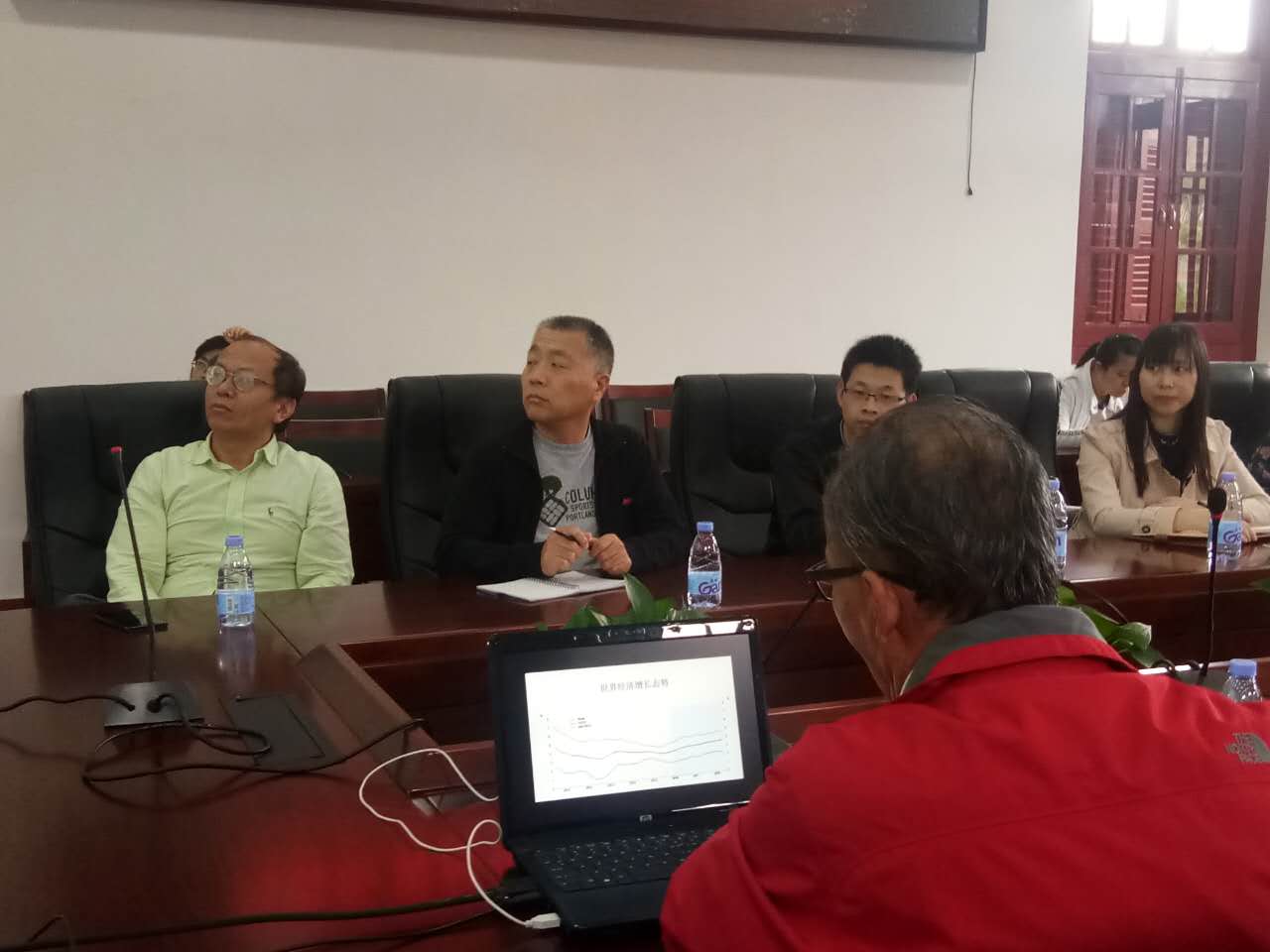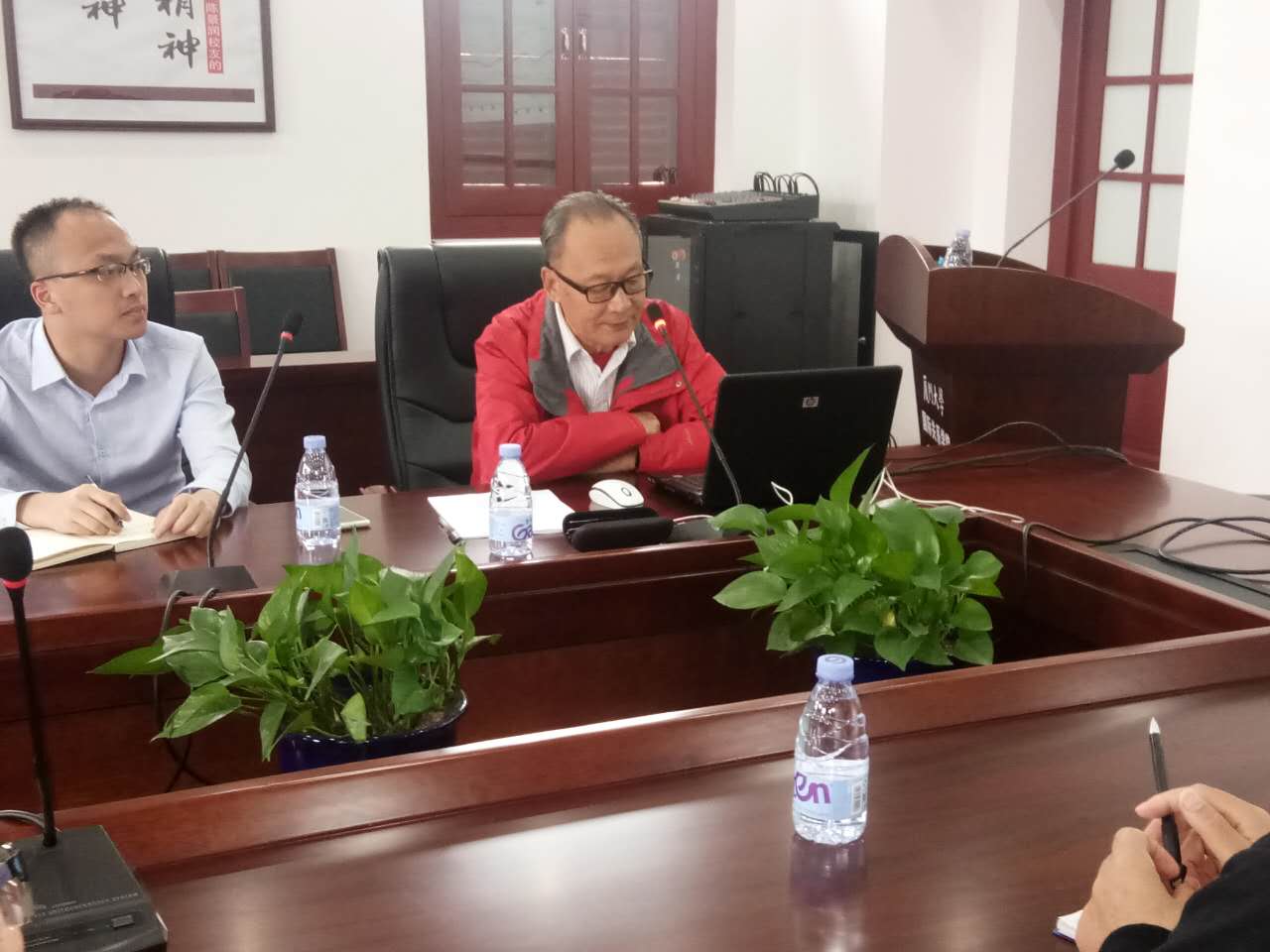


At 3 p.m. on April 13, 2017, Professor Hou Ruoshi, an expert on the international economic relations and foreign economic system, visited Research School for Southeast Asian Studies of Xiamen University and delivered a speech on the current hot issues in the world economy.
Hou Ruoshi analysed the current hot issues in the world economy from several aspects. First, he pointed out that the growth of the world economy may be in a depressed state for a long time, which was mainly manifested in the low growth of GDP and the decline of international trade in the world after the global financial crisis. Secondly, unfair income distribution had become a global problem, which had seriously hindered the recovery of the world economy. The height of Gene's coefficient indicated that the social wealth was concentrated in the high income group, which was not conducive to the promotion of the total consumption of the society under the law of diminishing marginal effect, thus preventing the demand power of economic growth.
Hou Ruoshi also pointed out that neoliberal economics jeopardize the sound development of the world economy. The adverse selection and moral hazard caused by information asymmetry were important influencing factors in the 2008 global financial crisis. The financial crisis and the securitization of assets have aggravated the severity and the extent of the global financial crisis. The new classical economics held a laissez faire attitude to the economic development, but it could not solve the problems caused by the market spontaneity and lagging. The market order and legal basis essential for the sound economic development require the government to participate in the construction. Under the new economic situation, the sharing economy based on digital technology was expected to become a new economic growth point. This new economic form not only improves the efficiency of resource utilization, but also promotes the service supply from centralized to decentralized and has strong potential for development.